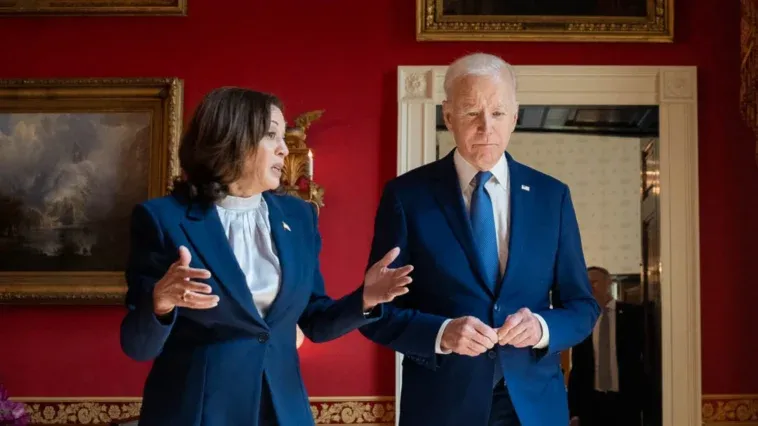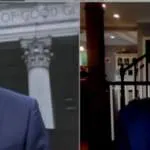(Reclaim The Net) The Biden-Harris White House looks determined to justify and normalize the practice of the government colluding with private companies, in this instance Big Tech, to censor speech.
After Meta CEO Mark Zuckerberg on Monday sent a letter to the House Judiciary Committee, admitting that his company came under pressure from the current administration to conduct censorship and that he “believes” that was wrong – the White House doubled down on the controversial, and quite possibly, unconstitutional, policy.
In his letter, Zuckerberg chose to focus on Meta censoring content related to COVID-19, and in response, a White House spokesman revealed the government does not share Zuckerberg’s stance that the policy of pressure was wrong.
“Encouragement” is how that’s phrased. “When confronted with a deadly pandemic, this administration encouraged responsible actions to protect public health and safety,” stated the White House spokesman to media requests.
He further justified the actions described by Zuckerberg as needed because the White House believes private companies, including those from the tech industry, “should take into account the effects their actions have on the American people.”
And with the stage set in this way – the spokesman concluded that these companies are then free to make “independent choices about the information they present.”
But Zuckerberg’s letter to the Judiciary Committee Chairman Jim Jordan does a pretty good job of explaining how these “independent choices” get made. Senior figures from the Biden administration, Zuckerberg stated, in 2021 “repeatedly pressured our (Facebook, Instagram) teams for months to censor certain COVID-19 content, including humor and satire.”
The decision on content removal, and introduction of new rules into platform policies to facilitate censorship, Zuckerberg concedes, was “ultimately ours” – but made under pressure.
If Meta tried to defy these “suggestions” – the administration showed “a lot of frustration.”
“I believe the government pressure was wrong, and I regret that we were not more outspoken about it,” the letter, sent in response to the Committee’s subpoena first issued in early 2023, reads.






